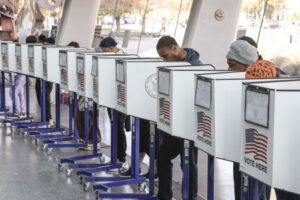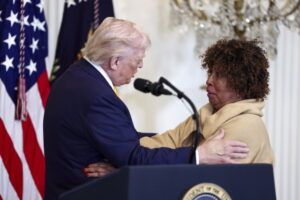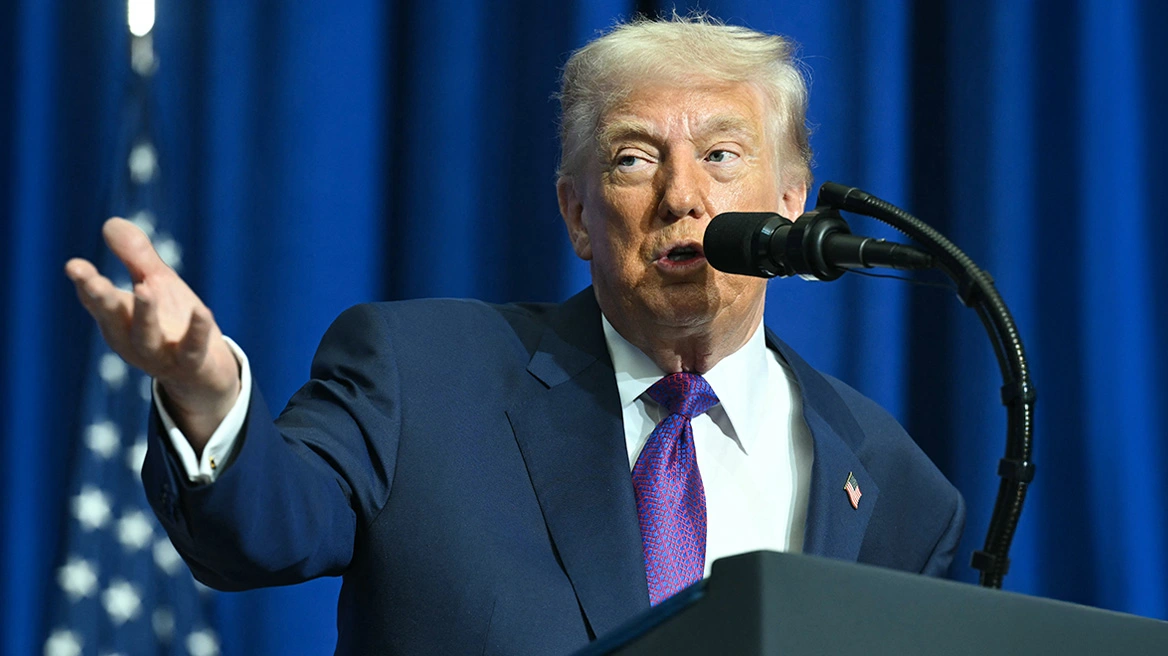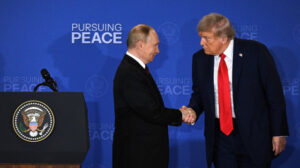U.S. President Donald Trump signed an executive order on Tuesday requiring voters to prove they are American citizens and preventing states from counting mail-in ballots received after Election Day.
The order also includes provisions to withhold federal funding from states that fail to comply.
Trump has long questioned the U.S. electoral system and continues to falsely claim that his 2020 loss to Joe Biden was due to fraud.
The president and his Republican allies have also repeatedly alleged—without evidence—that many non-citizens vote in U.S. elections, an illegal and exceedingly rare occurrence.
Last year, the Republican-controlled House of Representatives passed a bill barring non-citizens from registering to vote in federal elections—something already prohibited by law. The bill was not passed by the Senate, which was under Democratic control at the time.
Trump’s executive order mirrors that bill’s objective. Voting rights organizations argue that the order, like the “Safeguard American Voter Eligibility Act,” would disenfranchise many American voters—particularly people of color who lack passports or other identification documents.
“We have to fix our elections,” Trump said on Tuesday while signing the order. “This country is so sick because of the elections—the fake elections and the bad elections—we’re going to fix it one way or another,” he added.
Legal challenges against the order are expected.
“This is a blatant assault on democracy and an authoritarian power grab,” said Lisa Gilbert, co-chair of the organization Public Citizen.
In recent years, Republicans have pushed for stricter voting regulations, while Democrats have advocated simplifying the process by supporting mail-in voting and early voting to protect access to the ballot box.
Public Citizen pointed out that around 146 million Americans do not hold passports, and a study by the Brennan Center found that 9% of eligible American voters—some 21.3 million people—lack readily available proof of citizenship.
The White House stated that Trump’s executive order aims to prevent foreign nationals from interfering in U.S. elections. Under the order, first-time voters will be required during registration to answer a question typically asked during the naturalization process.
“Federal election resources will be provided to states only if they comply with all requirements set forth in federal law, including the use of the national voter registration form, which will require proof of citizenship,” the White House said.
The order also criticizes the policy in some states of counting mail-in ballots received after Election Day.
According to the National Conference of State Legislatures, 18 states, Puerto Rico, the Virgin Islands, and the federal capital Washington, D.C., count mail-in ballots that are postmarked on or before Election Day, regardless of when they arrive at election offices.
Ask me anything
Explore related questions





